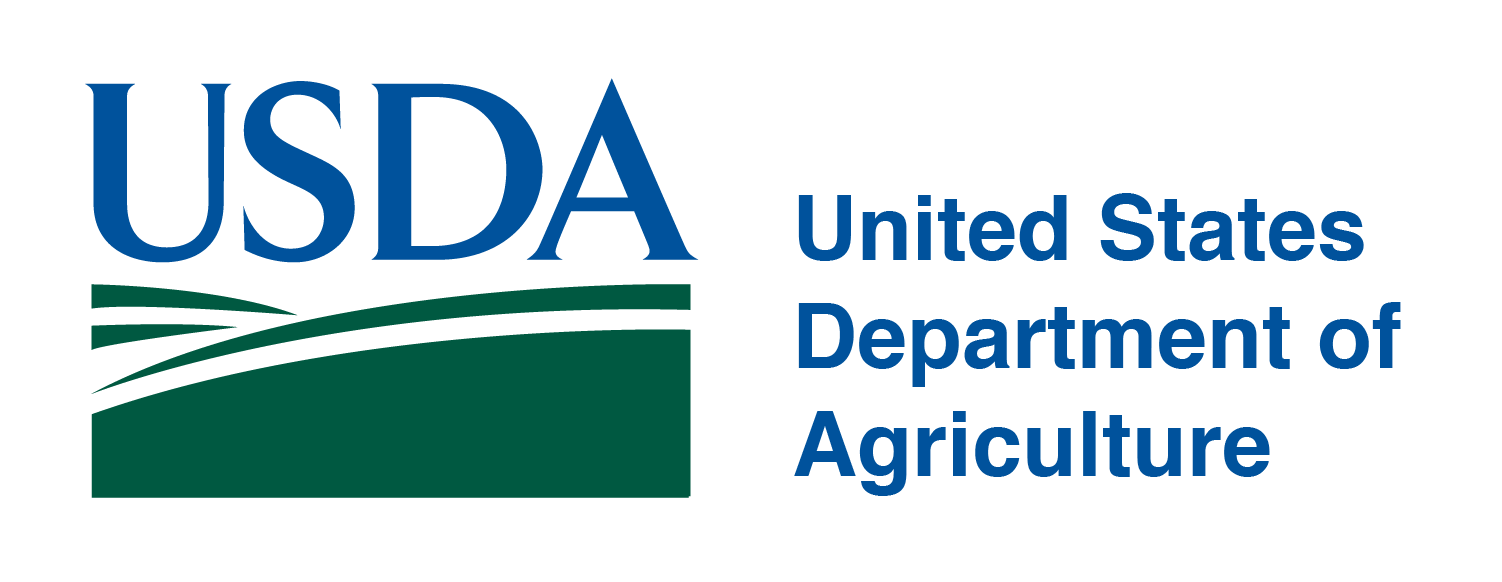Sharon (Pa.) Regional Medical Center has fully reopened under Tenor Health Foundation, a hospital turnaround company, as Sharon Regional Health System, The Business Journal reported May 29.
The hospital, which previously was owned by Dallas-based Steward Health Care, shut its doors in early January and shared plans to begin accepting patients under Tenor Health in mid-March.
Steward, which sought Chapter 11 protection May 6, 2024, filed a closure notice for the hospital in early January and received bankruptcy court approval to close it after Meadville (Pa.) Medical Center withdrew its proposed purchase of the hospital. Tenor Health then received approval Jan. 10 to purchase the hospital for $1.9 million.
Sharon Regional will receive $4 million in improvements, including a catheterization lab with new equipment and a new roof, Pennsylvania state Sen. Michele Brooks told The Business Journal. The hospital’s intensive care unit, which was relocated for restoration efforts, will also return to its original location.
“The community is just thrilled that we have reopened, and I think the trust is being rebuilt,” Radha Savitala, founder and CEO of Tenor Health Foundation, told the publication. “We talk to the patients. Our staff’s happy. Our physicians are happy. And, most importantly, patients are happy.”
Becker’s has reached out to Tenor Health Foundation for comment and will update this story should more information become available.






